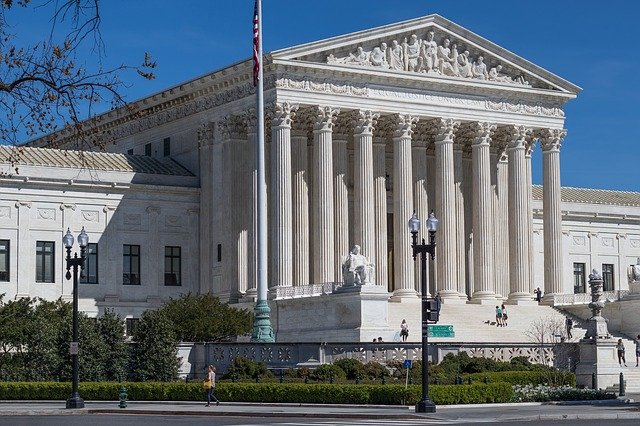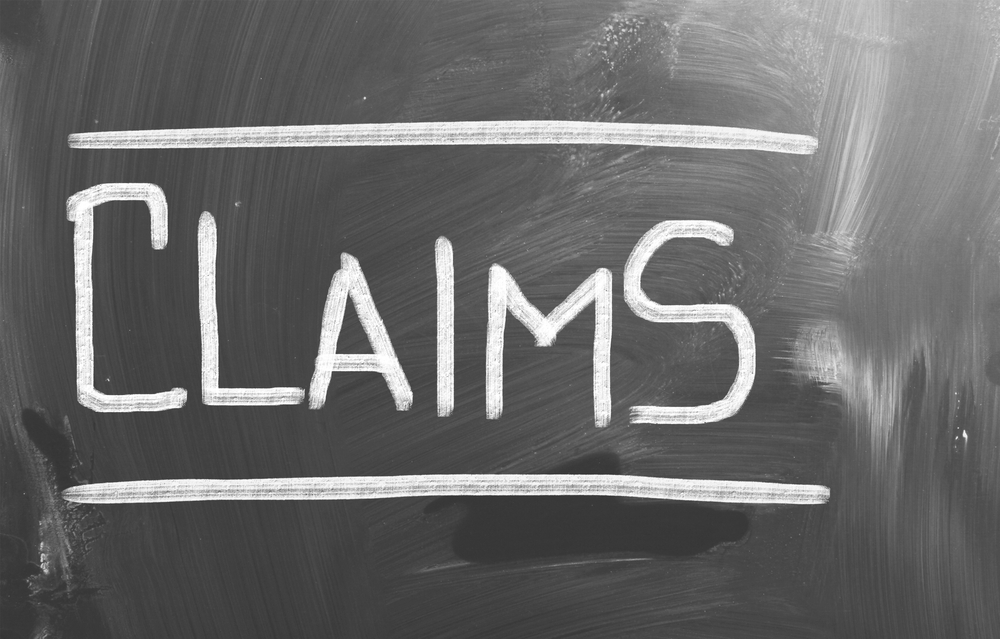A house fire. Property damage to your vehicle or RV. A sudden leak in a pipe causes massive damage to your home or business. These are the kinds of insurance claims that happen every day in Texas.
Insurance companies are for-profit businesses. People felt they were in good hands with the insurance companies during their time of need. Over the years, the primary driver of insurance companies has evolved to become more about corporate profit than helping their policyholders. It is an industry-wide evolution.
Background
Texas is a state that has its fair share of natural disasters. Tornados, earthquakes (yes, earthquakes thanks to fracking), hurricanes, hail storms, thunderstorms, and even flooding. Sometimes, weather, like lightning, can cause a fire.
Following Hurricane Ike in 2008, hundreds of thousands of claims totaling billions of dollars were filed by policyholders who had dutifully paid their premiums – some for many years. And with the payment of those premiums was the expectation that the insurance company would honor its word and pay their policyholders for the damages they incurred – to help them recover and to make them whole again. To return them to the same status as they were before the storm.
Homeowners and Businesses
That’s the point of insurance. Our Attorneys represented hundreds of homeowners and businesses over the years to recover – but not without a fight. Eventually, thousands of lawsuits were filed in and around the Houston area. Because the insurance companies wanted to fight claims rather than honor their word and pay what they owed. As a result, some attorneys made significant money after uncovering the dirty schemes and tricks! That the insurance companies used to deny claims.
How did the insurance companies respond If they were liable? They spent years cozying up to certain members of the Texas Legislature. They spent years working to put insurance agents into the State Legislature. Because the law held them accountable – they wanted to change the direction to provide less accountability. And it worked. In the 2017 legislative session, the Texas Legislature (led by members of one political party) passed new legislation, colloquially known as the Insurance Company Protection Act! (that’s not the real name – but let’s call it what it is).

Follow the Money
Shortly before the 2017 Legislative session, a few select members of the Texas Legislature reported some sizable financial contributions from insurance companies and their affiliates into their campaign accounts. These same members of the Legislature sponsored the Insurance Company Protection Act and worked to see to its passage. And it did pass and was signed by Governor Greg Abbott.

How Did The Law Change?
Before September 1, 2017, for any insurance claim involving a weather-related event, one had avenues to recover in Court by alleging breach of contract, bad faith, and violations of the Prompt Pay Act. The Insurance companies had an obligation to use good faith in investigating and paying insurance claims, and they had a duty to do so timely. Their failure to do so meant that a policyholder could use the legal process to help hold the insurance company accountable. When the Insurance Company Protection Act was enacted on September 1, 2017, a lot changed. The law created a new provision of the Texas Insurance Code, Chapter 542A. Previously, Chapter 542 controlled how insurance companies were to investigate and pay claims.
New Chapter 542A
The new Chapter 542A now governs all weather-related claims. Does House catch on fire because of a lightning strike? 542A. Freezing weather causes a pipe to burst and cause severe damage to your property .542A. A Hail storm causes your roof to leak? 542A. What 542A did was significantly alter how the legal process works for insurance claims.
Under the new 542A, there are new requirements relating to the notice/demand letter that previously did not exist. Under 542A, the notice/demand letter must include the following:
- A statement of the acts or omissions giving rise to the claim.
- The specific amount allegedly owed.
- The number of reasonable attorney’s fees incurred to date with the claim.
Further, the new law now requires that the attorney’s fees outlined in demand must base on the amount worked by the claimant’s attorney, as reflected in contemporaneously kept time records.
Limitations on Prompt Payment Damages
The Texas Prompt Payment of Claims Act, under Texas Insurance Code 542.060, has governed the time when Insurance companies must pay claims. And set out penalties for their failure to meet the requirements of the Act. It imposed additional damages equal to 18% per year of the actual damages on an insurer who violated the Act, plus pre-and post-judgment interest. These amounts added up quickly and represented a liability for the insurance companies as they struggled at times to comply with the requirements of the Act.
The new provisions under 542A change how these prompt pay damages are calculated—to 5% per year added onto the post-judgment variable interest rate determined under Texas Finance Code Section 304.003. The post-judgment interest rate varies between 5% and 15%, depending on the prime rate established by the Federal Reserve. However, 542A severely restricted the potential recovery for victims of an insurance company’s failure to pay a claim promptly. The penalty used to be 18% on top of pre-and post-judgment interest, but now it is 5% on top of the post-judgment interest rate—a reduction of 13%.
Failure to Make Demand
Under the provisions of 542A, attorney fee recovery is limited to the lesser of:
- The number of fees incurred by the claimant in bringing an action.
- The prices are recoverable under another law.
- An amount is based on the difference between the demand and the amount awarded in a judgment.
Courts divide the amount to be awarded by the amount of the initial demand to come up with a ratio. This ratio is the fees incurred by the policyholder. Thus, an excessive order substantially reduces recoverable attorney’s fees or no recovery at all. Low demand will result in a recovery of attorney’s fees over the costs incurred generally.
Suppose the insurance company is not given notice as required. In that case, the new provisions of 542A prevent the Court from awarding any attorney’s fees incurred after the insurance company files a separate pleading with the Court within 30 days of filing its original answer.
Acceptance of Liability of Third-Party Adjusters
Attorneys would bring separate claims against the adjusters, personally, and the third-party adjusting companies who investigated and inspected claims. These claims were usually based on the fact that adjusters and third-party adjusting companies had separate liability for failing to conduct a reasonable investigation of the claims. Let’s face it, any adjuster or third-party adjusting company that writes estimates that the insurance company considers too high – won’t be adjusting for the insurance company anymore. The adjuster and adjusting companies’ job is to represent the insurance companies’ interests and profits – not the policyholder’s interests. When including the adjusters and third-party adjusting companies in lawsuits, often all defendants would be represented by the same law firm, setting up a conflict because each defendant would have separate liability. It also allowed policyholders to hold all parties accountable for individual conduct and bad faith.
Provisions of 542A
Under the provisions of 542A, however, an insurance company may not agree to be liable for any conduct by an adjuster, consultant, or third-party adjusting company. A policyholder cannot keep their independent claims against the adjuster, consultant, or third-party adjusting company. Often, there are cases where an insurance company is a surplus lines company. As such, Texas does not admit it. As a result, it sets the stage where the insurance company is not a resident of Texas. And the claims against the insurance company are transferred to Federal Court.
When adding in the adjuster, consultant, or third-party adjusting company – many of which are local or residents of Texas – the case could not be removed to Federal Court. The new law for weather-related claims, under 542A, allows insurance companies to escape accountability from local Courts. Their Judges are elected by county residents and transfer cases to Federal Court, where Judges have lifetime appointments and are not accountable to the people through elections. After a disaster, when many are affected, having local accountability is always in the best interests of justice. The Insurance Companies know this, which is why they prefer taking cases to Federal Court, removing themselves from local accountability.
Initial Demand
Under 542A, however, upon writing the initial demand, policyholders now have to give the insurance company the damages they were claiming. This is often difficult to do because claims are being investigated, and injuries often increase during litigation due to natural inflation and supply and demand affecting pricing. No attorney’s fees will be awarded if no pre-suit notice is given to the insurance company. There is also a sliding scale regarding the percentage of attorney’s fees that can be recovered. If, at trial, the policyholder recovers at least 80% of the damages claimed in the pre-suit demand, then 100% of the attorney’s fees are recoverable. The policyholder recovers 20 to 79% of the pre-suit market; then, the policyholder will receive the corresponding percentage of attorney’s fees. No attorneys’ fees are recoverable if the policyholder recovers less than 20% of the pre-suit demand.
Houston Injury Lawyers PLLC Call Us Today at 713 366 HURT
Our care and preparation are core principles and keys to our success. If you would like to speak to someone about your particular situation, call our office at (713) 366-HURT (4878)


